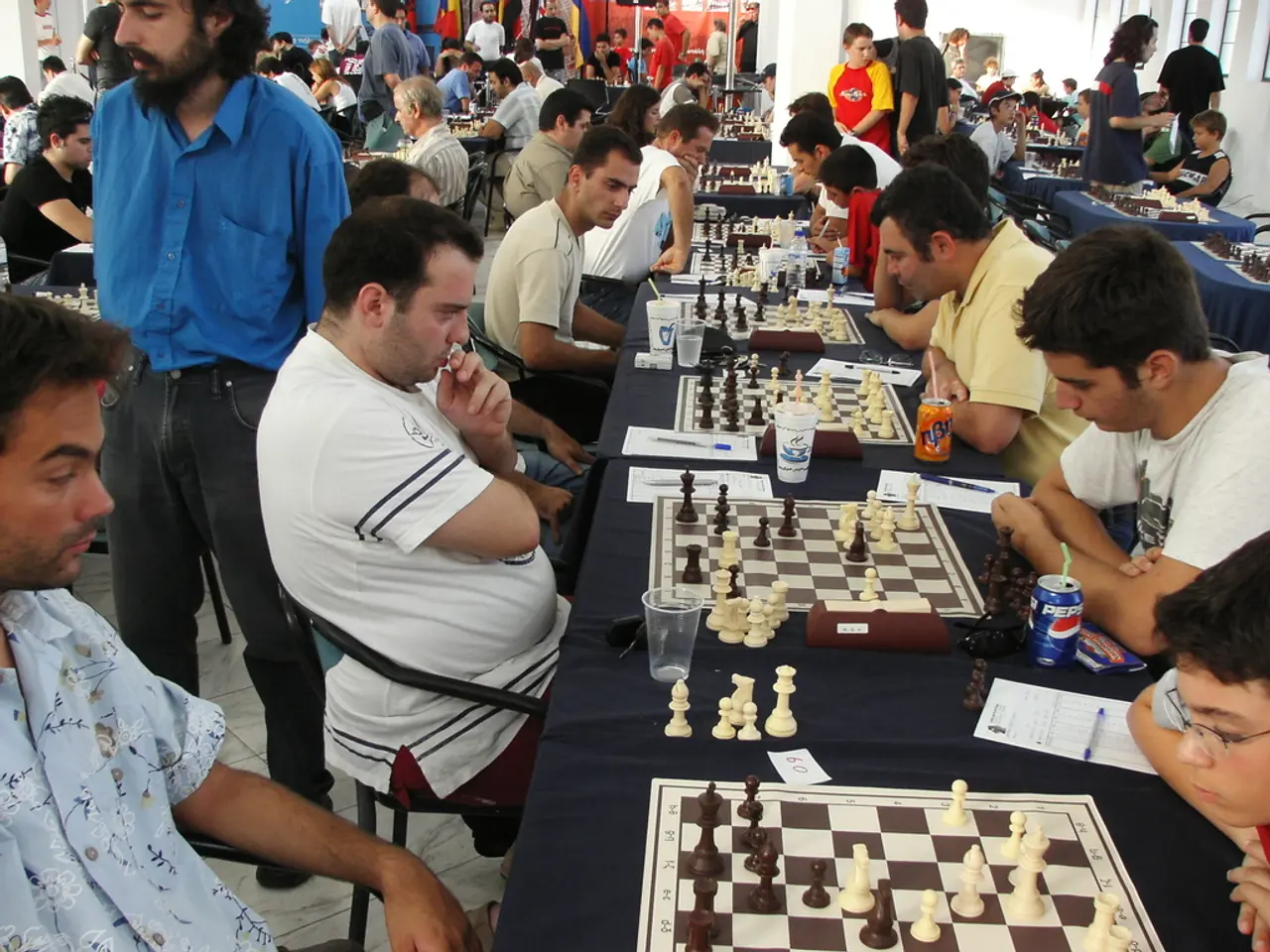Intense daily death toll in Gaza persists amidst faltering truce negotiations
In the ongoing ceasefire negotiations between Israel and Hamas, a deal seems elusive as both parties grapple with hostage exchanges, territorial and security arrangements, and mutual distrust.
The latest proposal, which includes a 60-day ceasefire during which Hamas would release 10 living hostages and the remains of 18 others, has been met with resistance from Hamas. The militant group has demanded a permanent end to the conflict as a condition, a demand that the current proposal does not guarantee.
The proposed ceasefire would also see Israeli forces withdraw to a buffer zone along Gaza's borders with Israel and Egypt. Significant aid would enter Gaza, distributed by UN agencies and the Palestinian Red Crescent. However, Israel has expressed a desire to replace the current aid distributor, the Gaza Humanitarian Foundation, with a different system.
Palestinian prisoners held in Israeli facilities would be released in exchange for the hostages, but the exact numbers have not been agreed upon. The proposal also anticipates negotiations for a permanent ceasefire within the 60-day period. Former U.S. President Donald Trump has personally guaranteed Israel's adherence to halting military operations during this period, aiming to reassure Hamas that Israel would not resume fighting unilaterally.
Despite these details, the negotiations have stalled, with Hamas reportedly creating obstacles and refusing to compromise. The Qatari-mediated proposal has been rejected by Hamas, and the political dynamics are complicated by mutual distrust, the hostage situation, and disagreement on the handling and distribution of humanitarian aid.
Israel accuses Hamas of sabotaging hostage deal negotiations and has approved sending aid to northern Gaza amid severe food shortages. This indicates continuing humanitarian concerns amid stalled talks.
As the talks continue in Doha, the main barriers to agreement appear to be Hamas's refusal to accept terms without a guaranteed permanent ceasefire, unresolved prisoner exchanges, and lack of trust on both sides. The political dynamics and involvement of external actors like the U.S. and Qatar add complexity to reaching a durable ceasefire.
Meanwhile, the violence in Gaza continues. Dozens of people are being killed every day as the Israeli military consolidates its control over large parts of the territory. Israeli Prime Minister Netanyahu is set to meet with his national security minister, Itamar Ben-Gvir, to discuss the negotiations. However, far-right members of Netanyahu's government, such as Ben Gvir and finance minister Bezalel Smotrich, have been vocal critics of any deal with Hamas.
The detailed maps of the redeployment have been left to negotiations between Israel and Hamas, and this appears to be the main sticking point. As the death toll continues to rise and the stalemate persists, the hope for a peaceful resolution to the conflict in Gaza remains uncertain.
[1] Source: https://www.reuters.com/world/middle-east/exclusive-trump-personally-guarantees-israel-ceasefire-hamas-talks-2021-11-22/ [2] Source: https://www.aljazeera.com/news/2021/11/19/israel-approves-aid-to-northern-gaza-amid-severe-food-shortages-amid-stalemate-talks
- The ongoing ceasefire negotiations between Israel and Hamas, primarily focused on territorial adjustments, hostage exchanges, and mutual distrust, are taking place against the backdrop of broader issues in the Middle East, including war-and-conflicts, politics, and general news.
- The World is carefully watching the stalled negotiations between Israel and Hamas, particularly the disagreements over a permanent ceasefire, unresolved prisoner exchanges, and the handling and distribution of humanitarian aid, as these issues have significant implications for the people in the Middle East and beyond.







